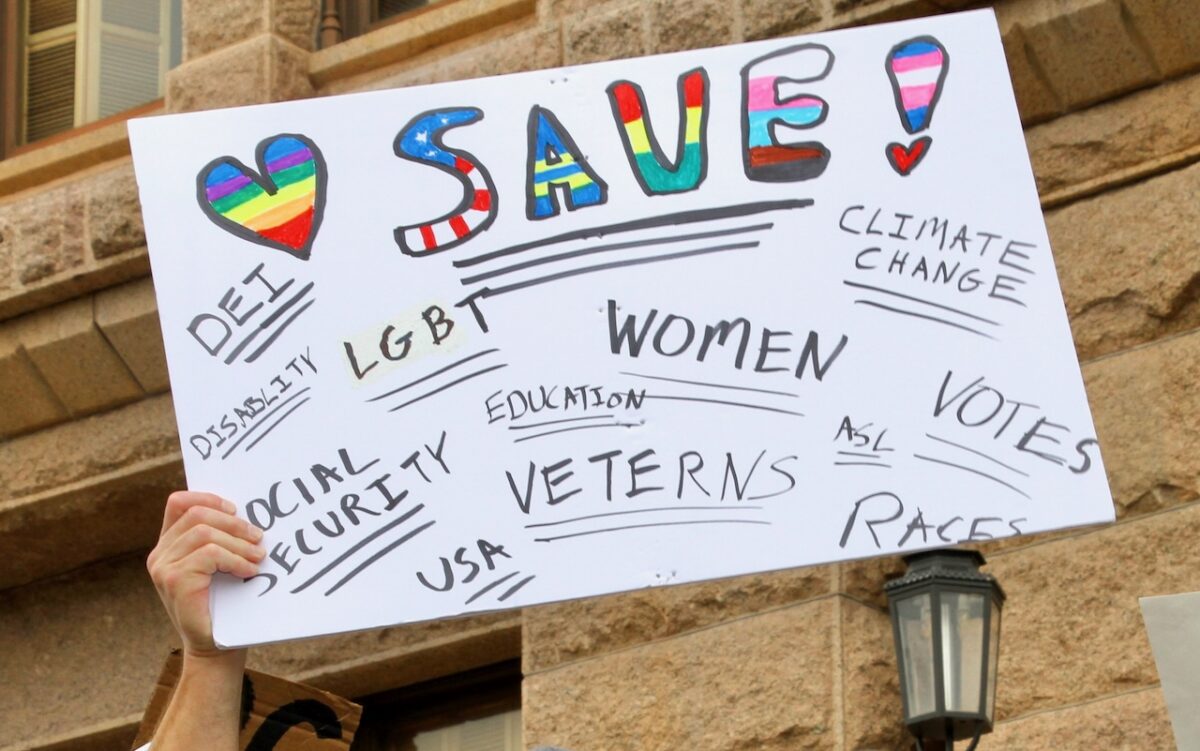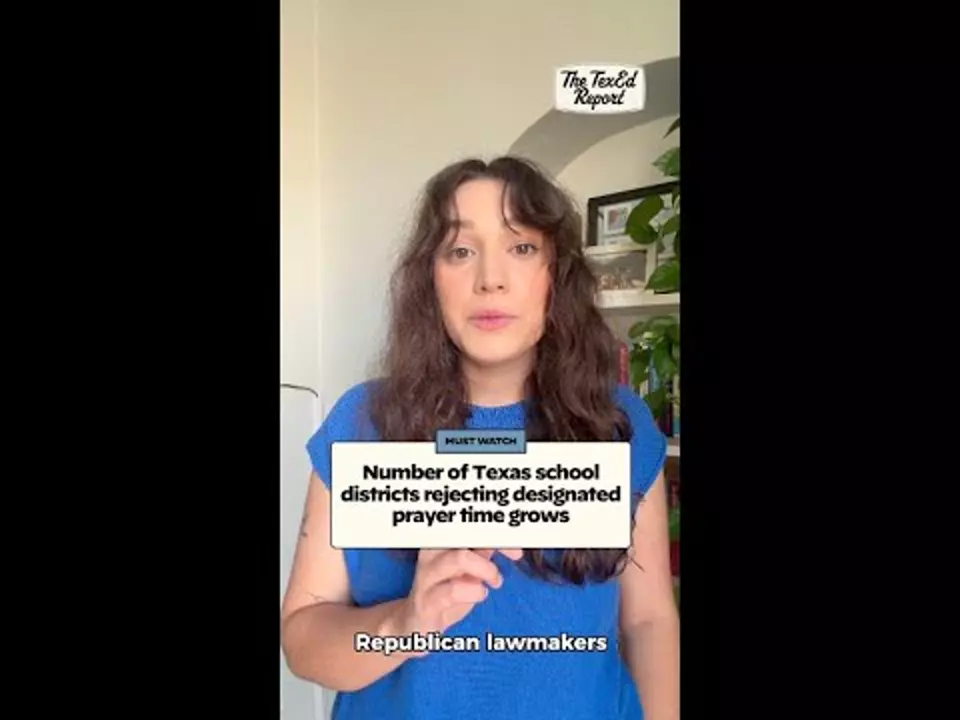
“The math doesn’t add up—and families across the country are paying the price,” said Mona Shah, senior director of policy and strategy at Community Catalyst. Photo: Fizkes/Shuttershock
Community organizations across the US are coming together this Tax Day to tell Congress to prioritize people over profits—here’s how you can get involved.
This Tax Day, while teachers, EMTs, and nurses continue to pay their fair share, corporations and the wealthiest people in the US are being handed tax breaks.
“The math doesn’t add up—and families across the country are paying the price,” said Mona Shah, senior director of policy and strategy at Community Catalyst, a national organization dedicated to creating a health system where health is a right for all.
“Our tax code currently favors billionaires and large corporations, while underfunding the programs families count on—driving medical debt, surprise bills, and barriers to care.”
To expose how tax policy is taxing our health, Community Catalyst has partnered with several organizations to expose the connection between tax policy and health inequities by highlighting how Medicaid cuts and medical debt are driven by a tax code that benefits corporations and the wealthy at the expense of communities.
Proposed cuts by the Trump administration could jeopardize funding from programs like Medicaid, which would threaten essential health coverage for older adults, children, and people with disabilities.
The cuts would also threaten enhanced premium tax credits that have helped make health insurance more affordable for 20 million individuals. Without them, premium payments would cost about $700 more per person each year.
Trump’s proposed cuts could also make it harder for the nearly 40 million people who rely on the Supplemental Nutrition Assistance Program (SNAP)—including 1 in 5 children—to help put food on their tables.
As the cost of living continues to rise across the US, the proposed tax cuts could additionally threaten nearly 3 million people who rely on rental assistance to help them pay rent each month and avoid eviction and homelessness.
“Tax day highlights gaping disparities in a system that Donald Trump, Elon Musk, and Congressional Republicans are skewing even further in favor of the wealthy by gutting essential public programs like Medicaid and Social Security, raising costs, and giving trillions in tax handouts to the very rich,” said Kristen Crowell, executive director of Fair Share America, in a press release.
However, Crowell says that the Trump administration and Trump’s wealthy allies aren’t doing it without a massive fight from community members.
“Across the country, people are courageously telling their stories and demanding that their members of Congress stand with workers and families over corruption and greed,” Crowell said.
Contact your congressional representatives if you’re interested in joining the fight for a tax code that prioritizes health and equity, and tell them that reforms like taxing wealth fairly and restoring the estate tax are important to you.
For more information on how to get involved, visit communitycatalyst.org/get-involved.














